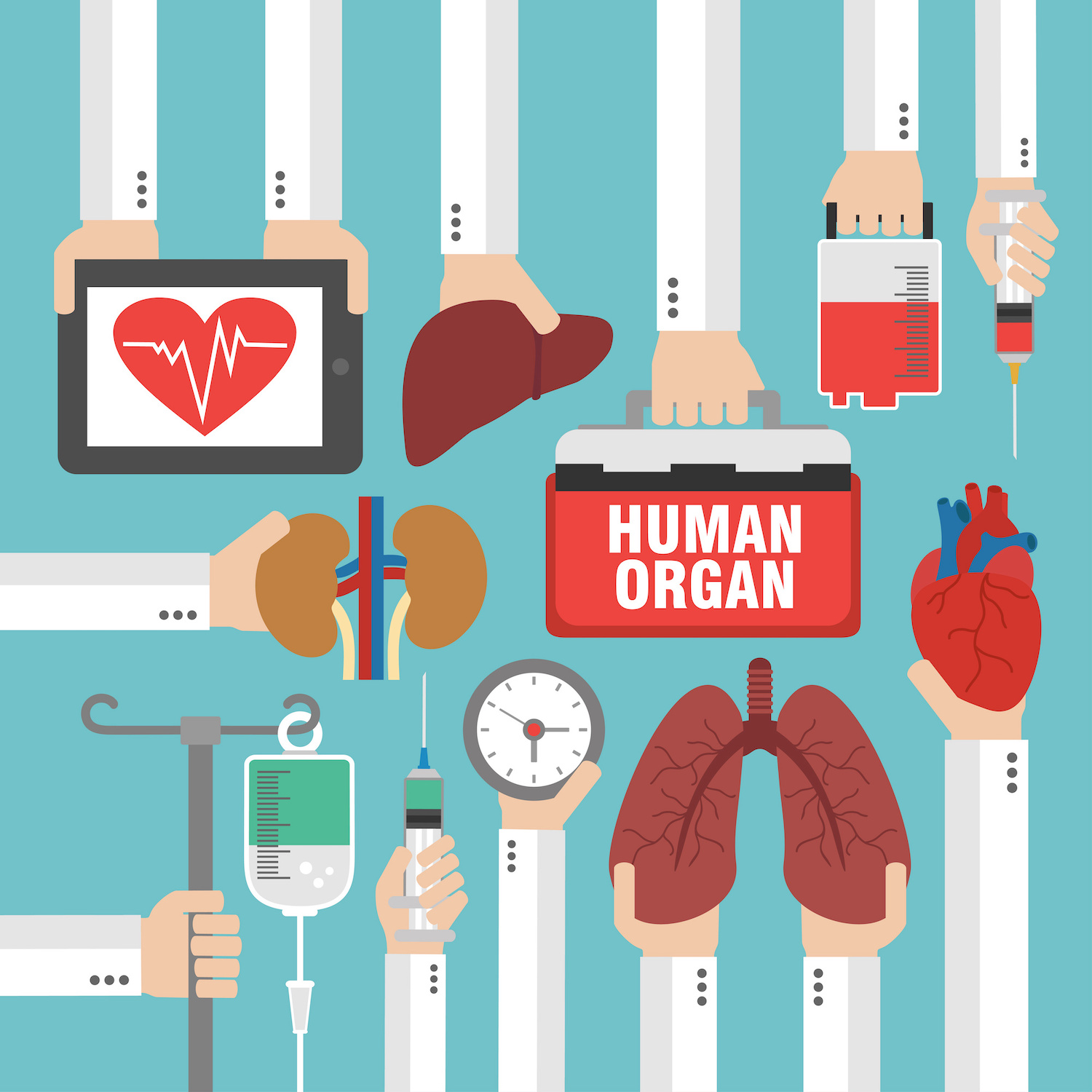« Les transplantations d’organes sauvent des vies. En France, la presse s’est récemment fait l’écho de la déprogrammation des transplantations d’organes en raison de la surcharge des services de réanimations due à la crise du Covid-19. En effet, les greffes d’organes ont baissé en France de 25% par rapport à l’année précédente. Avec une baisse 29%, cette chute du nombre d’opérations a particulièrement touché les patients en attente d’un rein.
À ce sujet, j’aimerai poser les questions suivantes à Madame la Ministre de la Santé :
- D’une manière générale, Madame la Ministre, dispose-t-elle des chiffres de patients en attente d’un greffon au Luxembourg?
- Combien de transplantations rénales ont été déprogrammées en raison de la pandémie du Covid-19?
- Combien de personnes sont inscrites sur la liste d’attente pour une greffe de rein?
- Quelles sont les conditions à remplir pour pouvoir recevoir une greffe de reins? Est-il vrai qu’un patient n’a pas droit à une transplantation rénale tant qu’un de ses reins est encore fonctionnel à 80 % ? Dans l’affirmative, quelle en est la raison?
- Combien de greffes de rein sont réalisées chaque année au Luxembourg? Combien de greffons proviennent d’une personne vivante ? »








